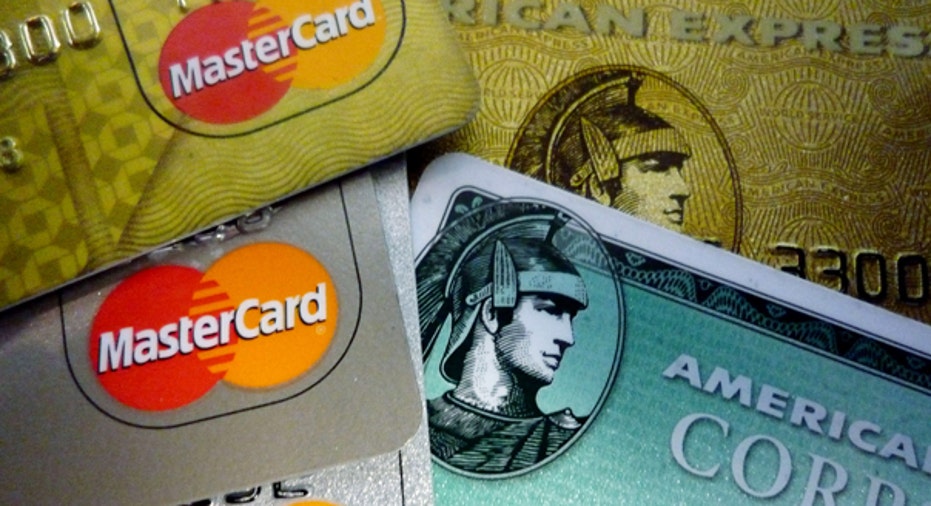Don't Get Stuck With Debt that Isn't Yours

Relatives, friends and even business partners might think that they inherited credit card debt after someone close to them has died. Even worse, they could be misled by bill collectors into believing that they need to pay off that debt, even though they may not be legally responsible for it.
When a credit cardholder passes away with an outstanding balance, relatives and others can be drawn into the collection proceedings—but not always.
Understanding some basic financial and legal realties associated with credit card debt can prevent you from being saddled with the deceased’s debt load when collectors start calling. It’s important for you to understand what-if any-debt you might be held responsible for especially because some unscrupulous lenders may try to get their money back no matter the cost.
Joint Account Holders can be Held Liable
If you have co-signed for the credit card in collection, then you can be held responsible for unpaid balances. Non-working spouses often have co-signed accounts along with parents on behalf of their children. Increasingly, adult children are setting up joint accounts for their aging parents as a convenient way to oversee their activities. And business partners might use this arrangement as an accounting procedure. Here’s the bottom line: If you have a joint account with someone, then you are responsible for that debt if they pass away.
An authorized user of a credit card does not constitute joint ownership. A student may be authorized to use a parent’s card, for example, but the primary cardholder is not liable for the debt accrued by an authorized user if that person dies.
How Divorce Plays a Role
Divorce can shake up these credit card rules. For example, as part of the settlement one party might agree to pay the credit card debt for the other party. This agreement holds up even if the debtor dies before the debt is paid.
States that have community property laws, a spouse could be responsible for his or her partner’s debt even if the account was not a joint one. And if one party receives community property as part of a divorce settlement, credit card companies could go after those assets to square away the debt left by the former spouse.
Don’t Become a Victim
Unfortunately, a death can make someone easy prey for the bill collection industry. The front lines of the industry might contend that there is a moral obligation to pay the debt, but there are legal guidelines that consumers need to arm themselves with.
Some financial institutions are outsourcing collection to companies with special expertise in debt collection of deceased debtors. Although the Federal Trade Commission issued new guidelines in July 2011 to protect survivors, it is not against the law to contact them by phone and letter immediately after a death.
Given the law regarding joint credit card accounts, spouses, parents and adult children might rethink co-signing. Also, those who are married or who plan to marry in community property states should consult with an attorney about assets and liabilities. When there is a death involving debt of any kind, the first stop should be the law library or the reference desk at the public library to review the law in that state. But the good news is if there is no joint account, it is likely the financial institution issuing the card that will have to absorb the loss.
Roman Shteyn is co-founder of Credit-Land.com. He writes frequently on credit-related issues.



















